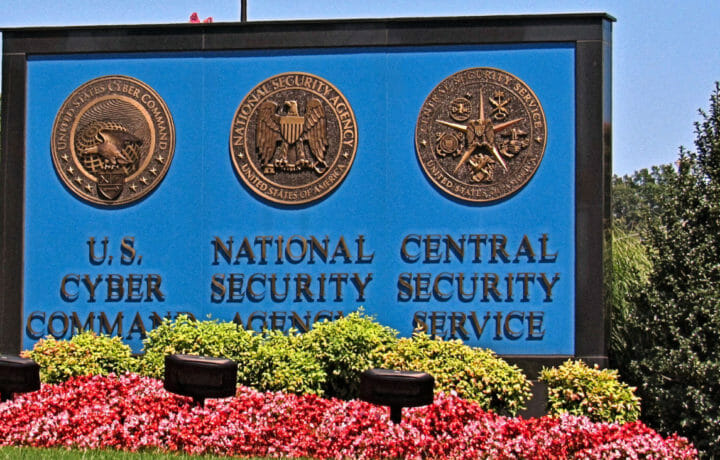Last week, the United States Court of Appeals for the Fourth Circuit dismissed a 2015 case spanning three presidencies involving the Plaintiff, Wikimedia (plus a host of others) and the Defendant, National Security Agency (NSA) based on the state secrets privilege, a common defense and posture from the NSA in these types of cases.
Wikimedia is a non-profit organization that maintains approximately 12 Internet projects, including Wikipedia that provides free content to users around the world. The other plaintiffs are various human rights groups and media outlets.
In summarizing intelligence gathering allowed by the NSA under federal law, Sec 702 of 50 USC 1881a, allows two types of electronic surveillance of non U.S. persons located abroad. The first, termed PRISM (or downstream surveillance), involves the NSA going directly to internet service providers, such as Google and Yahoo and compelling the companies to turn over relevant information from targeted accounts and other internet presence. The other type of intelligence collection allowed uses the term Upstream, in which communications are collected on internet infrastructure as the information flows. Upstream can produce volumes of new information that wouldn’t necessarily be discovered by PRISM. Upstream collection was the issue raised by Wikimedia, alleging invasion of privacy of its users.
State Secrets Privilege
The State Secrets Privilege permits the U.S. to prevent disclosure of information in a judicial proceeding if there is a reasonable danger that such disclosure will expose matters of national security that should not be divulged. This privilege is invoked by the executive branch by the head of the department controlling the information, in this case, the Director of National Intelligence.
As the Appellate Court recognized, a state secrets privilege “pits the judiciary’s search for truth against the Executive’s duty to maintain the nation’s security. Accordingly, the degree to which such a reviewing court should probe depends in part on the importance of the assertedly privileged information to the position of the party seeking it: where there is a strong showing of necessity, the claim of privilege should not be lightly accepted, but even the most compelling necessity cannot overcome the claim of privilege if the court is ultimately satisfied that state secrets are at stake”. The courts, in making these decisions, used a long line of case precedence, dating as far back as the early 1950s.
The 4th Circuit Court of Appeals upheld the lower court’s decision to dismiss the case under the State Secrets Privilege as it found the evidence and arguments by the government passed the test raised by the court. Of interest to me, however, is the dissenting opinion of Justice Diana Motz, who stated “my colleague concludes that whenever the Government has not disclosed whether a plaintiff’s communications have been subject to FISA surveillance, vague claims of privilege and far-fetched hypotheticals will suffice to obtain dismissal” and “if the privilege is stretched to require dismissal — before a court may scrutinize the Government’s claims — in cases like this one, I am left to wonder whether any electronic surveillance case could ever proceed to the merits”.
Justice Motz all but invited or suggested Wikimedia appeal this case to the Supreme Court based on her dissent, in which case the NSA and foreign electronic surveillance will be at the forefront of the legal news again.




